“Outrageous” and “unaffordable” are terms used by residents to describe the real estate evaluation that occurred across Wake County throughout January.
As required by North Carolina state law, Wake County reevaluates the value of all real estate every four years to ensure that properties are taxed fairly and in proportion to the local region. The factors that are considered when the revaluation occurs include neighboring, the price of land and buildings, field and office interviews and a notice of assessment sent to real estate owners. The ability to appeal the reevaluation is also available.
The quality and appeal of a neighborhood and the surrounding areas is a contributing factor to how much the property is valued. Although the price of buildings doesn’t usually fluctuate, the value of property can fluctuate based upon the price of surrounding developments. For instance, an acre of land may be worth five unit, but if a decade later, a major city were to rapidly develop on the acre, the value of that acre would go up several units due to its proximity to the city. Access to services and resources not as readily available to rural residents drives up prices.
Not all property values increase at the same rate, however. The value of a house at the end of a closed-off street may grow less than the neighboring houses closer to the entry point of the neighborhood. In order to ensure that relative location is taken into account when calculating property value for the purpose of taxation, Wake County employs a team of professionals that visit houses to determine an adjusted property value.
Furthermore, property owners can also request both an informal and a formal review of the property evaluation. The deadline for property owners to request informal reviews for their property is March 1. The deadline to submit a request for review to the board of equalization and review is May 15.
Although every state mandates property taxes, certain states don’t include certain taxes. In New Jersey, most foods and drinks are exempt from the standard sales tax that applies to consumer goods and there is also no personal income tax. North Carolina, on the other hand, has a state-wide 4.75% tax rate. The way that property taxes are evaluated and the contribution expected from property owners can vary based upon the political ideology of public office officials and legislators.
Nancy Haywood, a public leader in the Rotary Club of Cary, emphasized the importance projects that property taxes fund. “I agree with paying property taxes. Overall, they help with our infrastructure, and without them I do not think our government could perform the duties that are needed.” Taxes that are collected by city, county, state and the federal government are often spent on various public interests such as education, infrastructure, parks and law enforcement.
Haywood, however, expressed a belief that property taxes should be incrementally increased, rather than drastically changing from one year to another. “If I could change one thing about our property taxes, it would be that there would be a slow incline every year versus drastic increases like we’re seeing this year,” she said.
Changes in housing reevaluations affect Wake County residents in particular, due to the region’s rapidly expanding cities. As geographic and social factors continue to change in the region, housing values and property tax amounts will continue to change.



































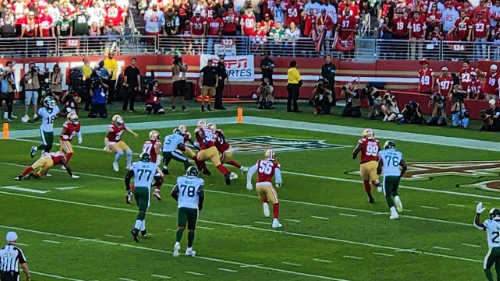



























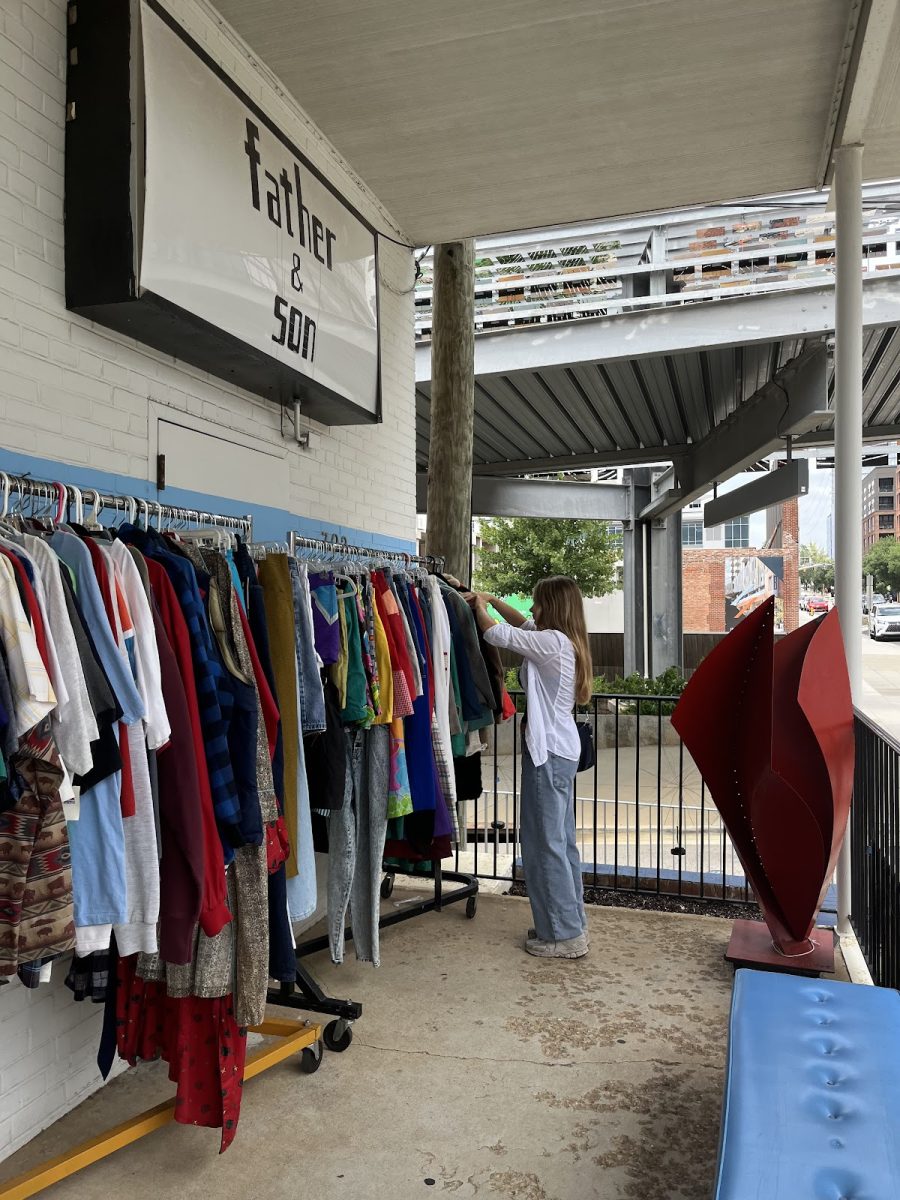










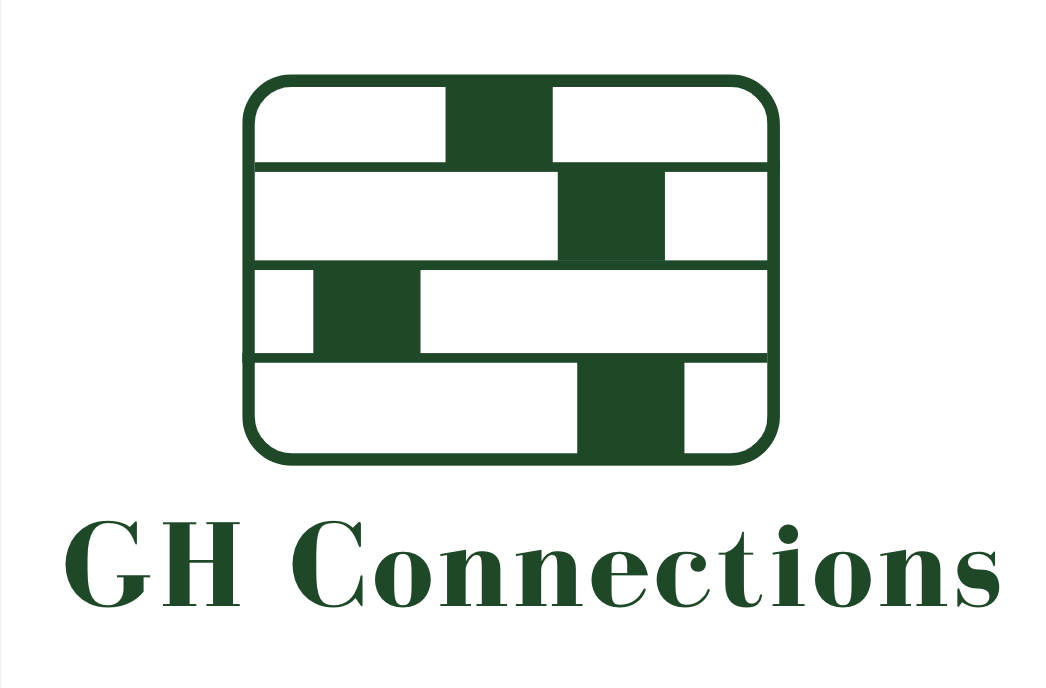
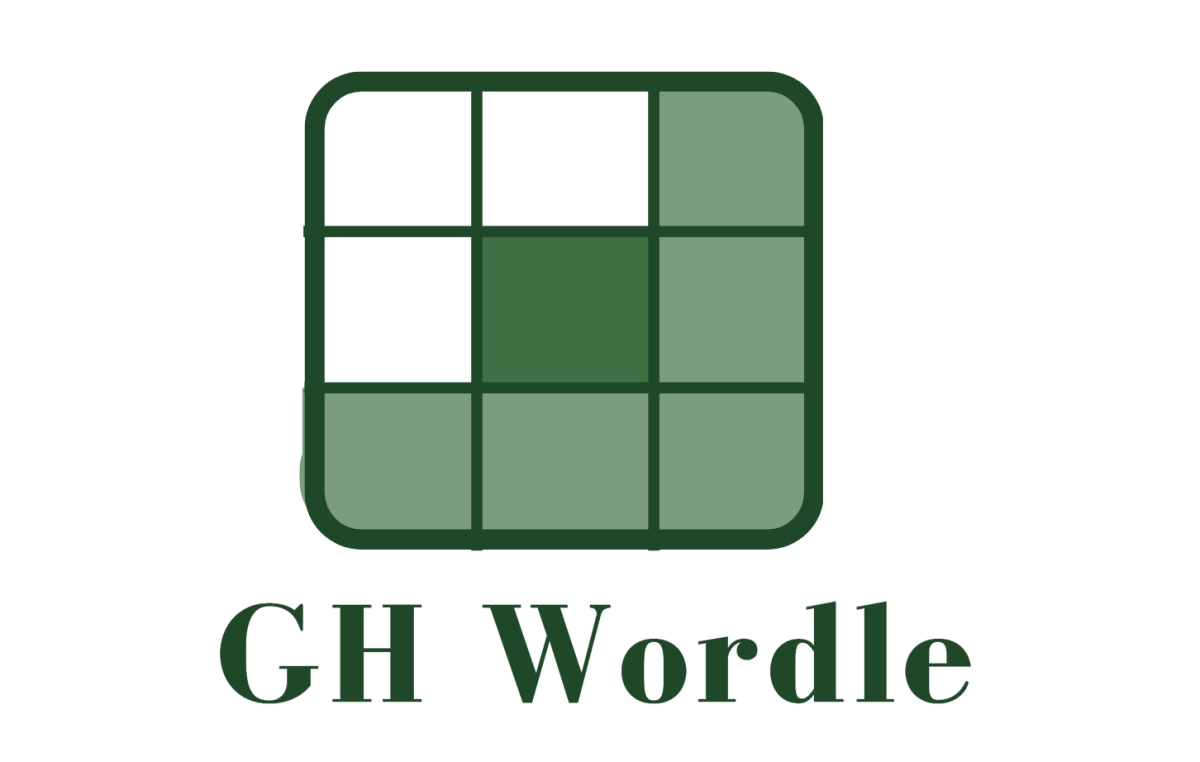





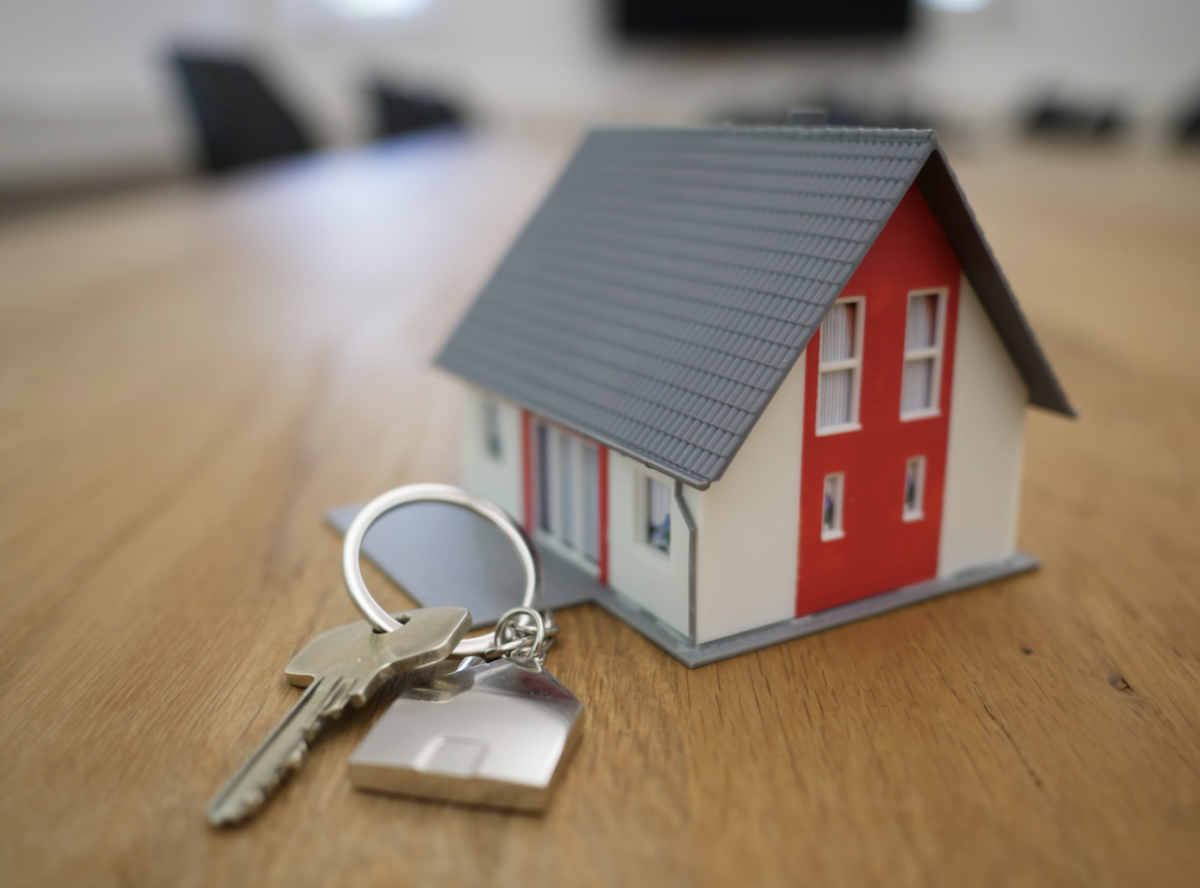

Vicki Hall • Feb 22, 2024 at 1:30 pm
The rate hikes for the Town of Cary for this year are terrible. My taxes have never been this high and as a senior citizen commenting on this, the rates are to high for our neighborhood as well as a lot of the neighborhoods in Cary.